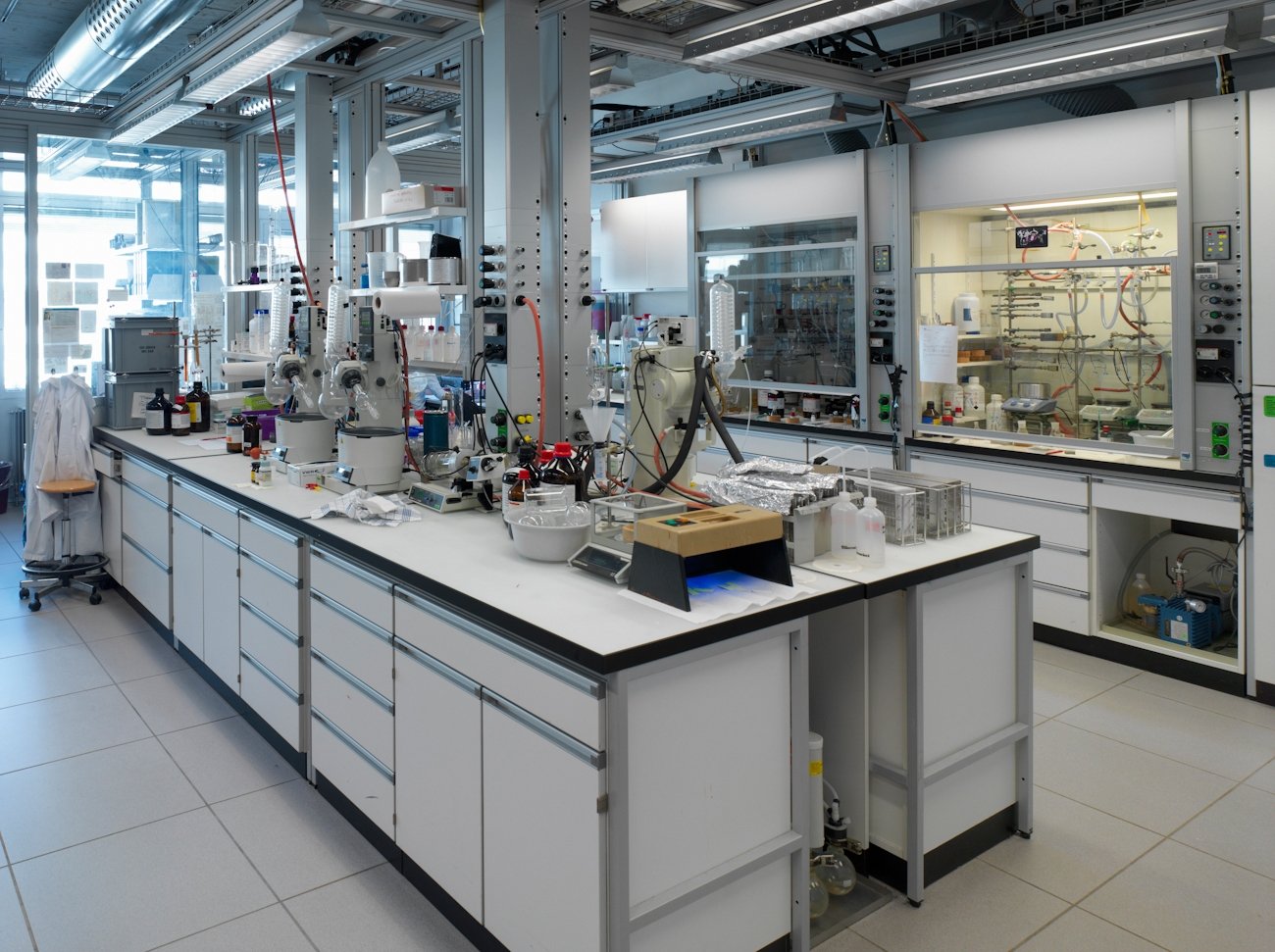
Our goal is to advance organic synthesis through the development of efficient and sustainable catalytic methods. We strive to create small-molecule catalysts, and employ a combination of experimental and computational techniques to understand how they operate and predict superior molecular structures.
Research
Motivation. Catalysis plays a pivotal role in modern chemistry, as it reduces resource consumption and waste generation in the production of a wide range of commodities, from life-saving medicines to cutting-edge electronic devices. However, despite the remarkable progress made in catalysis research in recent decades, there are still significant challenges to address. Yet today, important chemical transformations involving the activation of inert bonds (e.g. hydrogenations, C─H functionalization, CO2 fixation) still predominantly rely on catalysts containing scarce and toxic metals, such as palladium or iridium. This approach is unsustainable, therefore the exploration of more eco-friendly alternatives is urgently needed.
Impact. By developing new, efficient catalytic methods that employ affordable and less toxic catalysts, our research can contribute to reduce economic costs in chemical synthesis while promoting global environmental well-being. Through our endeavors, we aim to foster a sustainable future, where the use of precious resources is minimized and the ecological footprint of chemical processes is significantly diminished.
